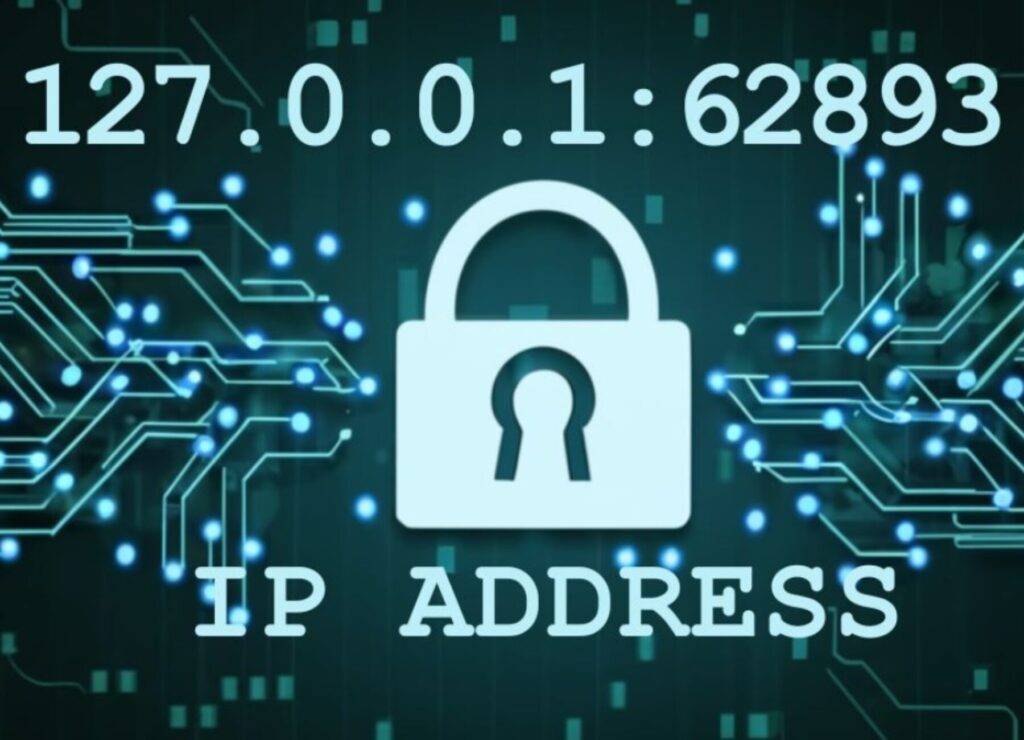127.0.0.1:62893, Localhost and port numbers are fundamental components of networking and web development. They enable communication between devices and services on a network, allowing users to interact with applications and websites locally and remotely. In this article, we will explore the basics of localhost and port numbers, their uses, and how they work together to facilitate communication.
What is Localhost?
Localhost refers to a computer’s own IP address. It is a way to identify a computer as the source of a network request. The IP address associated with localhost is typically 127.0.0.1 or::1 on most systems. When you type localhost in your web browser, it is equivalent to typing 127.0.0.1 or::1, which tells your computer to look for services running on the local machine.
What is a Port Number?
A port number uniquely identifies a process or service running on a network. It differentiates between different services or applications running on the same machine. Port numbers are part of the addressing information that helps identify senders and receivers of information and a particular application on the devices.
What is 127.0.0.1:62893?
This code consists of two parts:
- 127.0.0.1: This is a special IP address called “localhost”. It’s like a loopback address that points back to your own computer. Think of it as a way to talk to yourself internally.
- 62893: This is a port number. Ports act like doorways for different applications to send and receive data. Although not as common as other ports, applications sometimes use port 62893 for Memcached, a caching system.
How 127.0.0.1:62893 Works
The cryptic address 127.0.0.1:62893 works in this way:
- An application on your device tries to communicate with another process.
- It specifies “localhost” (127.0.0.1) as the destination, indicating it wants to interact with something on the same machine.
- The port number (62893) tells the operating system which specific service or program to route the communication to.
- For instance, a development tool might use this address to connect to a local server running on your machine for debugging purposes.
How Do Localhost and Port Numbers Work Together?
When you type localhost in your web browser, it is equivalent to typing 127.0.0.1 or::1, which tells your computer to look for services running on the local machine. If you want to access a specific service or application running on your local machine, you need to specify the port number associated with that service. For example, if you are running a web server on your local machine, you would type http://localhost:8080 in your browser to access it.
Common Port Numbers
People use several common port numbers for specific services or applications:
- Port 80: The standard port for HTTP (Hypertext Transfer Protocol) and HTTPS (Hypertext Transfer Protocol Secure) web servers.
- Port 8080: Often used for web servers, especially for development or testing purposes.
- Port 21: Used for FTP (File Transfer Protocol) servers.
- Port 443: Used for HTTPS web servers.
Why Are Port Numbers Important?
Port numbers are crucial for several reasons:
Service Identification
Port numbers help identify specific services or applications running on a machine. This ensures that the correct service is accessed and not another service running on the same machine.
Network Communication
Port numbers are used to establish connections between devices on a network. They help determine which service or application to forward data to.
Security
Port numbers can be used to restrict access to certain services or applications. For example, a firewall can be configured to block access to a specific port number, preventing unauthorized access to a service.
Conclusion
In conclusion, localhost and port numbers are fundamental components of networking and web development. Understanding how they work together is essential for effective communication between devices and services on a network. By specifying the correct port number when accessing a service or application on localhost, you can ensure that the correct service is accessed and not another service running on the same machine.
FAQS
What is Localhost?
What is localhost?
Localhost is the default name for establishing a connection with a computer. It is an alias for your local machine, used to access applications running on it.
What is localhost used for?
Developers use localhost to run web applications on their local computer and interact with them in a browser.People also use it for testing and development purposes.
Port Numbers
What is a port number?
A port number uniquely identifies a process or service running on a network, helping to pinpoint a specific application or service on a system.
What is the port number for HTTP?
The standard port number for HTTP is 80.
What is port number 8080 used for?
Web servers often use port number 8080, especially for development or testing purposes.
Finding Localhost and Port Numbers
How do I find my localhost address?
You can find your localhost address by typing 127.0.0.1 in your browser. This will connect you to your own computer.
How do I find my port number?
You can find the port number by using the ipconfig command on Windows or the netstat command on macOS.
Proxy Servers
What is a proxy server?
A proxy server is a computer on the internet with its own IP address that acts as an intermediary between the client device and the remote server to handle communication requests


